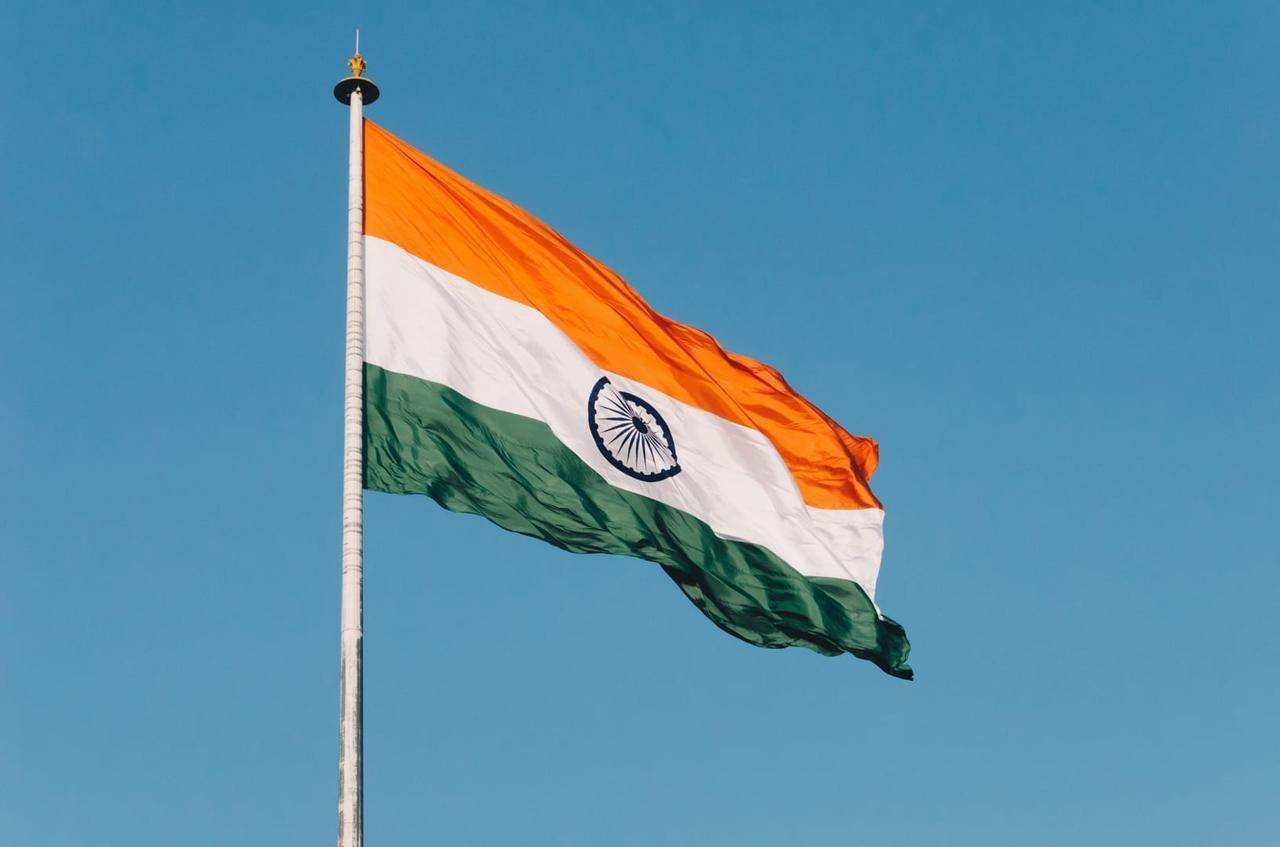ROME – South Korean President Moon Jae-in, who is facing increased pressure over some of his policies, on Thursday hosted a luncheon for Catholic leaders, asking for their cooperation in tackling the COVID-19 coronavirus.
“We must overcome the coronavirus (and) we will do our best to overcome the crisis quickly and minimize economic loss,” Moon said during the meeting, adding that he plans to meet with other Christian leaders in the near future.
Once seen as a model in dealing with the pandemic, South Korea has seen a spike in cases of coronavirus that has led to a fresh suspension of public Masses and could even throw the nation into a second lockdown.
In attendance at the presidential luncheon were Cardinal Andrew Yeom Soo-jung, Archbishop of Seoul; Archbishop Hyginus Kim Hee-jong of the Gwangju Diocese; Archbishop Thaddeus Cho Hwan-kil of Deagu; Bishop Peter Lee Ki-heon of Uijeongbu; Bishop John Chrisostom Kwon Hyok-ju of Andong; and Bishop Lazarus You Heung-sik of Daejeon.
According to the presidential office, Moon praised the Catholic Church for its swift action in obeying government quarantine restrictions during South Korea’s first wave of COVID-19 in February.
As the nation seeks to prevent a second mass outbreak, Moon, who is Catholic, asked the Church to become a “role model” in curbing infections, insisting that if current preventative measures fail, he will be forced to increase the level of social distancing, causing “unspeakable economic damage.”
문재인 대통령은 오늘 한국 천주교 지도자들과 오찬 간담회를 가졌습니다. 이 자리에서 대통령은 "최근 수도권을 중심으로 확진자가 크게 늘고 있다"며 "더 이상 방역을 악화시키지 않고 코로나를 통제할 수 있도록 종교가 모범이 되어 주길 바란다"고 당부했습니다. pic.twitter.com/U3GoaV0mKD
— 문재인정부 청와대 (@TheBlueHouseKR) August 20, 2020
“I want you to take care of people’s hearts, beaten down by COVID-19 being prolonged, and impart the courage and leadership needed to unite people for safety” amid the outbreak, Moon said.
In response to Moon’s remarks, Yeom pledged the Church’s support and collaboration, saying, “We will be with you and advise people to faithfully do their parts in their own places.”
South Korea is currently fighting to prevent a second outbreak of COVID-19, which so far has caused 16,346 infections and 307 deaths in the country. On Thursday, the nation reported 288 new cases of the virus, the majority of which were in Seoul and the wider Gyeonggi province.
Since the most recent outbreak began Aug. 12, at least 1,500 new cases of the coronavirus have been reported nationwide.
Thursday’s numbers marked the latest in a several-day streak of new cases numbering in the triple digits, most of which have been pinned on large social and religious gatherings, as well as recent anti-government protests.
Authorities suspect the most recent outbreak has been linked to the Sarang-jeil Christian church in Seoul, which has reported hundreds of positive cases. Some 400-600 members of the church have yet to be traced by authorities.
Seoul’s government has asked local police to intervene in helping track individuals connected to the church, and is seeking to test all 4,000 of the church’s members. Those who have attended services between July 17-Aug. 13 have been asked to undergo a test and self-quarantine.
Amid the fresh outbreak, Seoul authorities have threatened the church and its pastor, Jun Kwang-hoon, with legal action for wasting administrative resources through their non-compliance with government restrictions. Jun already faces criminal charges for violating quarantine and obstructing contact tracing.
On Tuesday, Moon’s government implemented a new ban on religious gatherings inside churches in Seoul and in the surrounding metropolitan areas. The government has also enforced stronger social distancing measures within Seoul, Incheon, and the Gyeonggi province, banning gatherings of more than 50 people indoors and 100 people outdoors.
Under the new measures, venues such as nightclubs, karaoke parlors, buffet restaurants and gaming facilities have all been designated high-risk, and churches will once again be required to hold services online.
During South Korea’s first outbreak of the coronavirus in late February, each of the country’s 16 dioceses suspended all public liturgies.
Public Masses were resumed in late April as the curve of infections flattened and restrictions eased; however, it is unknown how long the new ban on public religious services will last.
Moon is also facing pressure over a round of recent protests in downtown Seoul which drew the participation of thousands of people, despite a ban on large-scale rallies, who oppose Moon’s real estate market policy and various scandals involving top leaders in his administration.
In his meeting with Catholic bishops, Moon stressed that his government will “do our best” to contain the country’s new outbreak and quickly “minimize economic losses.”
“The coronavirus has left the people too hard and tired. I think you need comfort,” he said, adding that if circumstances allow, he will consider attending an event marking the 200th anniversary of the birth of Saint Andrew Kim Taegon, South Korea’s first priest who was martyred in 1846.
Hee-jong closed the meeting praying that God would give Moon “the wisdom of Solomon” in order to overcome the coronavirus and ensure “national security.”
Follow Elise Ann Allen on Twitter: @eliseannallen
















